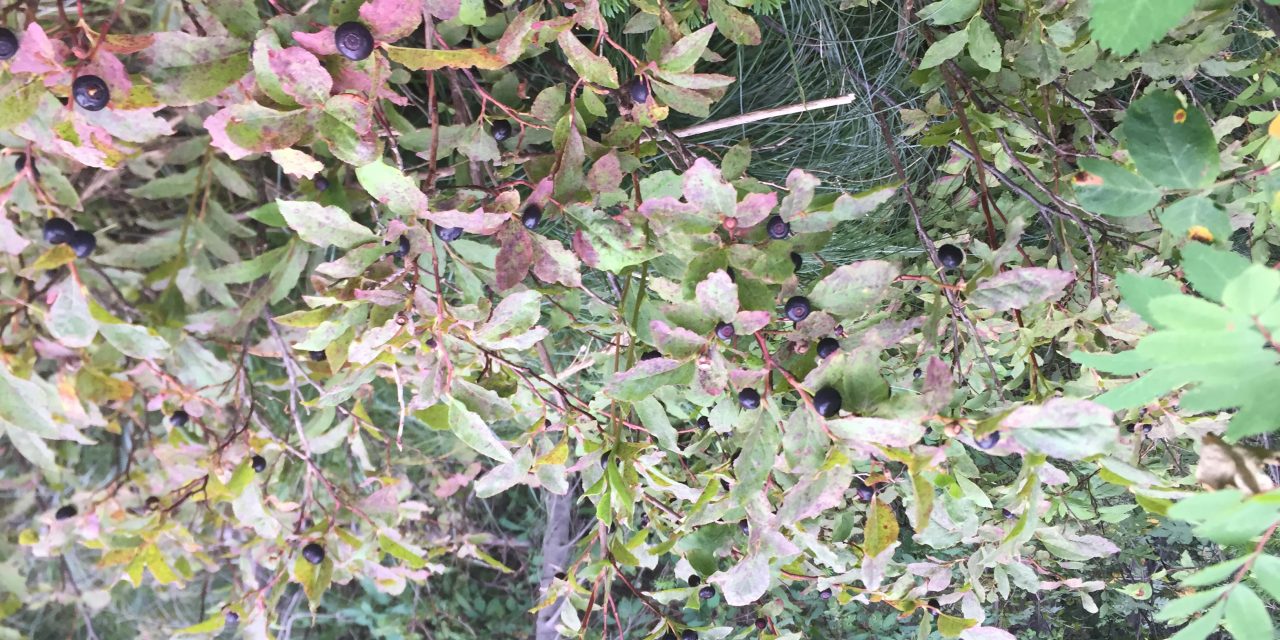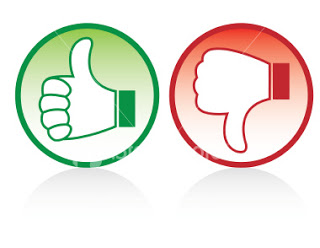(photo: huckleberries, a symbol of food sovereignty for co-author Dr. Lindsay Crowshoe, where berry picking relates to activity on the land, traditional knowledge and cultural relationships, to which Indigenous peoples have unequal access)
The theme of breaking down weight bias and discrimination runs strong through the 2020 Canadian Adult Obesity Guidelines. As blogged previously, the first chapter of the guidelines is about weight bias, and the final chapter bookends the Guidelines with a never before seen chapter in any other obesity guidelines, addressing obesity management in the Canadian Indigenous population.
The Indigenous people of Canada are an at-risk group for obesity and are susceptible to stigma and bias. The burden of co-occurring morbidities is often higher for Indigenous people compared to the general Canadian population, arising from social and health care inequities perpetuated by the ongoing legacy of colonization. Health care providers should explore obesity in Indigenous peoples within the context of multiple co-occurring health, socioeconomic, environmental, and cultural factors.
The chapter has 16 recommendations (the most of any chapter in the Guidelines!), and is arranged into four themes:
Theme: Engage with patient social realities.
Validate your patient’s experiences of stress and systemic disadvantage influencing poor health and obesity, exploring elements of their environment where reduced stress could shift behaviours. Advocate for access to obesity management resources. Help patients recognize that good health is attainable, and they are entitled to it. Negotiate small attainable steps relevant to the patient’s context.
Theme: Address resistance, seeming apathy and paralysis in patients and providers.
Self-reflect on anti-Indigenous sentiment common within healthcare systems, exploring patient motivations and mental health (e.g., trauma, grief) as alternative understandings of causes and solutions to their health problems. Explore one’s own potential for bias influenced by systemic racism. Expect patient mistrust in health systems; reposition yourself as a helper to the patient instead of as an expert. When resistance, seeming apathy and paralysis are encountered, explore patient mental and emotional health needs.
Theme: Build complex knowledge by healing relationships.
Build patient knowledge and capacity for obesity self-management through longitudinal explorations of co-occurring health, social, environmental and cultural factors. Strive to build relationships that incorporate healing from multi-generational trauma. Build your own knowledge regarding the health legacy of colonization to facilitate relationships built on mutual understanding. Ensure knowledge provided is congruent with the patient’s perspectives, educational level, and is learner-centred.
Theme: Connect to behaviour, the body, and Indigenous ways of knowing, doing and being.
Elicit and incorporate the patient’s individual and community-based concepts of health and healthy behaviours in relationship to body size, activity, and food preferences. Deeply engage in learning of common values and principles around communication and knowledge sharing in Indigenous contexts .
Key messages for Indigenous people living with obesity include:
- There is a strong relationship between stress, health, and obesity. Addressing stressors is an important part of being healthy.
- The causes of obesity are complex, with unique personal and historical factors that include colonization and residential school experiences affecting Indigenous people. Look for opportunities to speak with your healthcare providers, family, and wider community to build understanding of its causes and to reveal pathways to your health and wellness.
- Addressing stress and other emotional pain in your life can be protective of obesity. It is important for you to explore, identify, and address causes of stress in your life, at personal, social, and wider system levels. Seek out support from people you trust, including your healthcare providers. Doctors, nurses, dietitians, and social workers can be important resources for healing and accessing knowledge.
- Part of healing from the past is working on small, attainable steps that may best influence positive health and promote a healthier body weight.
- Community resources are important in this journey.
- Due to colonization and social exclusion, Indigenous people experience significant stress that discourages overall mental and emotional wellness. Learning about the causes and possible solutions to stressors at personal, social, and systemic levels is important to preventing and managing obesity.
NOTE: This blog is not intended to be a full synopsis of the chapter. There is a wealth of information in this chapter that is beyond the scope of one blog post. I encourage everyone to read the recommendations and key messages in full, and to dig in to the entire chapter!
Share this blog post using your favorite social media link below!
Follow me on twitter! @drsuepedersen
www.drsue.ca © 2020












